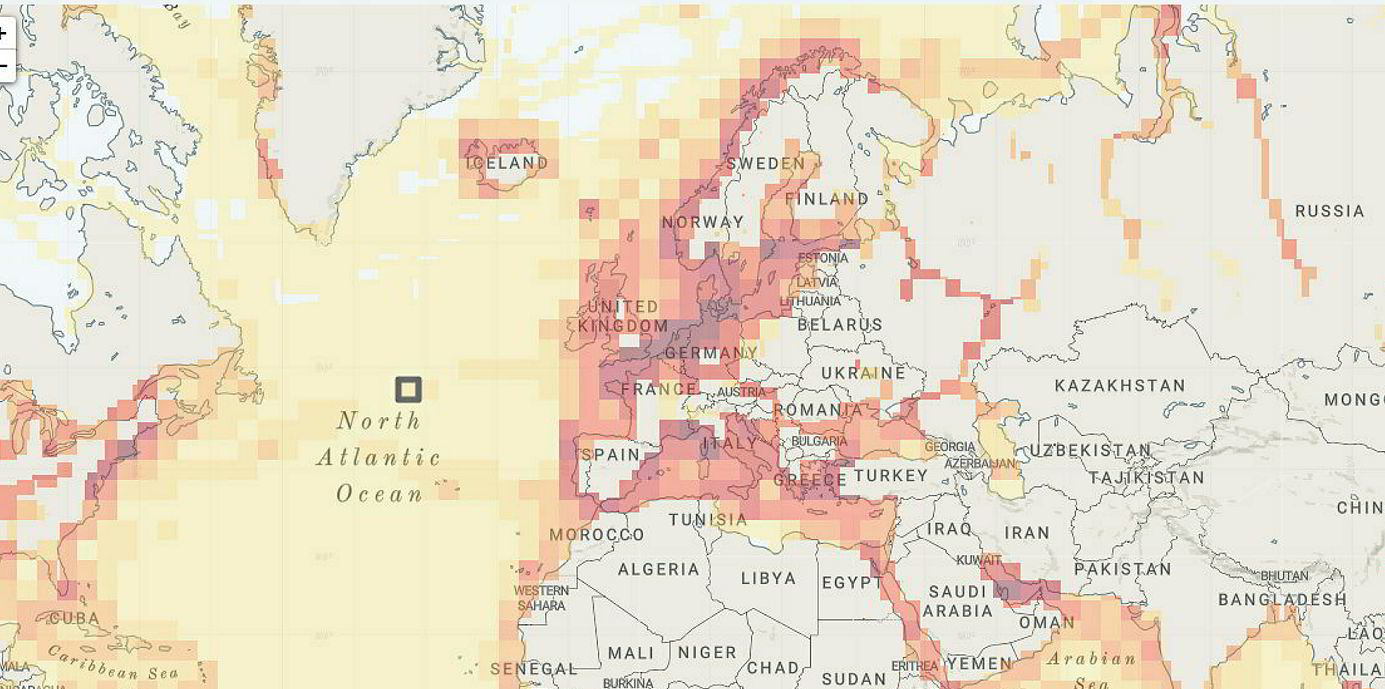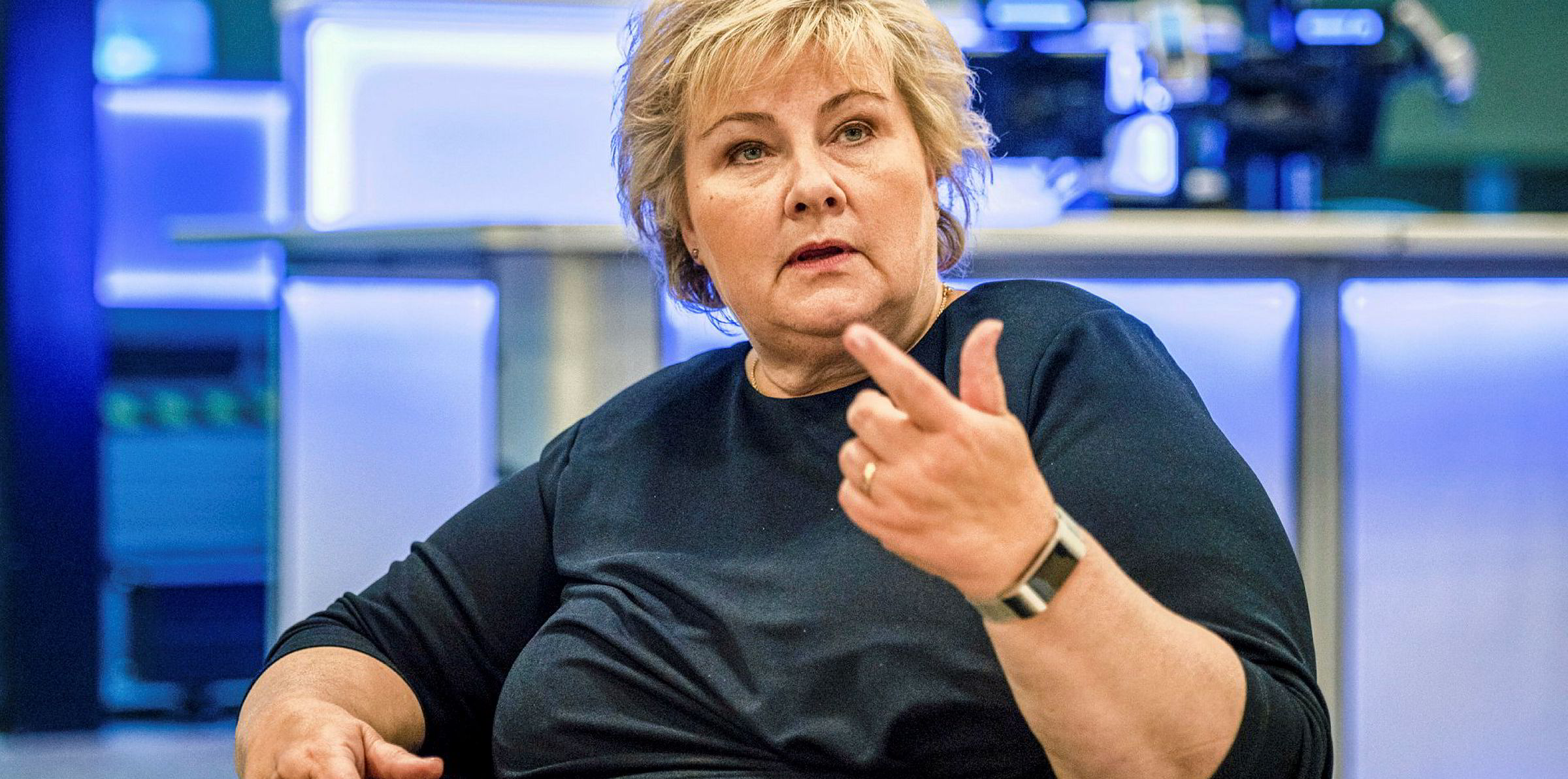A team of Wartsila employees has developed a prize-winning system to track global carbon emissions from vessels — but this is not for financial gains.
Instead, a leading team member hopes the United Nations would make this part of its data offerings to researchers in a bid to combat climate change.
“I don't think this will ever be commercialised,” Thomas Dewilde, Wartsila’s manager for cyber governance, risk and assurance, said. “This is something that helps climate action.”

He said putting the system behind a paywall would be “poor taste”.
The Wartsila team, whose six data specialists are based in Russia, Finland and the UK, used their spare time to participate in a hackathon organised by UN agencies last month.
They were awarded the first prize in the AIS Big Data Hackathon, which sought to explore the use of ship-tracking data in the fight against climate change and Covid-19.
Dewilde said the Blue Carbon team used data from the European Union’s Monitoring, Reporting and Verification system to model emissions from various types of vessels in the global fleet.
Combining the model with AIS data, the team then visualised geographical concentrations of carbon emissions from vessels over time via a global map.
Torsten Bussow, managing director of Wartsila’s voyage technology unit, said he does not deem the system as a company project — even though he was proud of Blue Carbon’s achievement.
“It’s a R&D team attending a hackathon,” Bussow said. “We are top-notch.”
The team will present their project at the UN World Data Forum in Bern, Switzerland, in October 2021.
Following the display, Dewilde hopes the UN would be willing to include the project in its formal data offerings, alongside biogenic and land-based emissions on a centralised platform.
“They make various data sets available there for further research,” he said. “We would love our data to be available there as well for scientific use.”
With AIS data not readily available to the public, Dewilde suggested the UN could enhance its statistics for climate researchers to use.
“For people outside of shipping, it's actually incredibly difficult for them to understand what's going on,” Dewilde said.
“You need to buy a pretty expensive subscription for AIS data ... There are a lot of barriers to entry.”
If this does not work out, Dewilde said Wartsila may host the system on its website. But he admitted this might not be an easy task.
“There is a cost involved, and there are license agreements involved with suppliers of this type of data who don't want you to share,” he said. “There are some hurdles there.”




